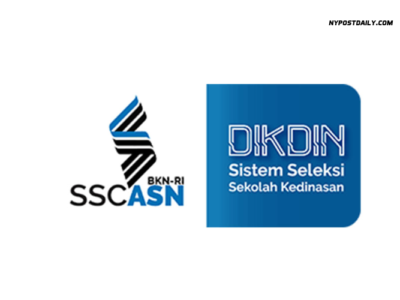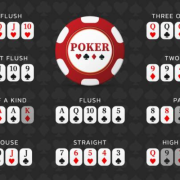When looking to borrow money for a large purchase, such as a house or car, it can be difficult to know what is the best option for you. There are several different types of loans available, each with its own pros and cons. In this article, we’ll take a look at the different types of loans, their pros and cons, and some factors to consider when choosing a loan.
Types of Loans
The most common types of loans are secured and unsecured loans. A secured loan is one where you pledge some kind of asset, such as a car, as collateral for the loan. If you fail to make payments on the loan, the lender can take possession of the asset. Unsecured loans are not backed by collateral, so the lender is taking a greater risk in lending you money.
Other types of loans include payday loans, student loans, and home equity loans. Payday loans are short-term loans that typically have high-interest rates and fees. Student loans are government-backed loans for students to help pay for college or university costs. Home equity loans are secured loans that use the equity in your home as collateral.
Pros of Different Types of Loans
The primary benefit of secured loans is that they typically have lower interest rates than unsecured loans. This is because the lender has the assurance that they can take possession of the asset if you fail to make payments. Unsecured loans tend to have higher interest rates, but they are easier to obtain and can be used for a wider variety of purposes.
Payday loans can be beneficial if you need quick access to cash, as they can be approved and funded quickly. However, they should be used with caution, as the high fees and interest rates can make them costly. Student loans are an important tool for paying for college, and the government often offers incentives for borrowers to make payments on time. Home equity loans can be used to finance home improvements or to pay for other large expenses, and the interest is usually tax-deductible.
Cons of Different Types of Loans
The biggest downside of secured loans is that if you fail to make payments, the lender can take possession of the asset. This means that if you are unable to make payments, you could lose your car or other valuable possessions. Unsecured loans can be difficult to obtain, and the interest rates can be quite high.
Payday loans can be very expensive and can trap you in a cycle of debt if you are unable to pay them back. Student loans can also be difficult to repay if you are not able to find a job after graduation. Home equity loans can also be difficult to pay back if the value of your home decreases or if you are unable to make the payments.
Factors to Consider When Choosing a Loan
When choosing a loan, it is important to consider several factors. First, you should consider your credit score and whether or not you will be able to qualify for a loan. You should also consider the interest rate and fees associated with the loan and make sure you are comfortable with the terms of the loan. Finally, you should consider the repayment terms and make sure you are able to make the payments on time.
Conclusion
Choosing the right loan for your situation can be a difficult decision. It is important to consider the pros and cons of different types of loans and the factors that may affect your ability to repay the loan. By doing your research and understanding your options, you can make an informed decision about which loan is best for you.


















Comments